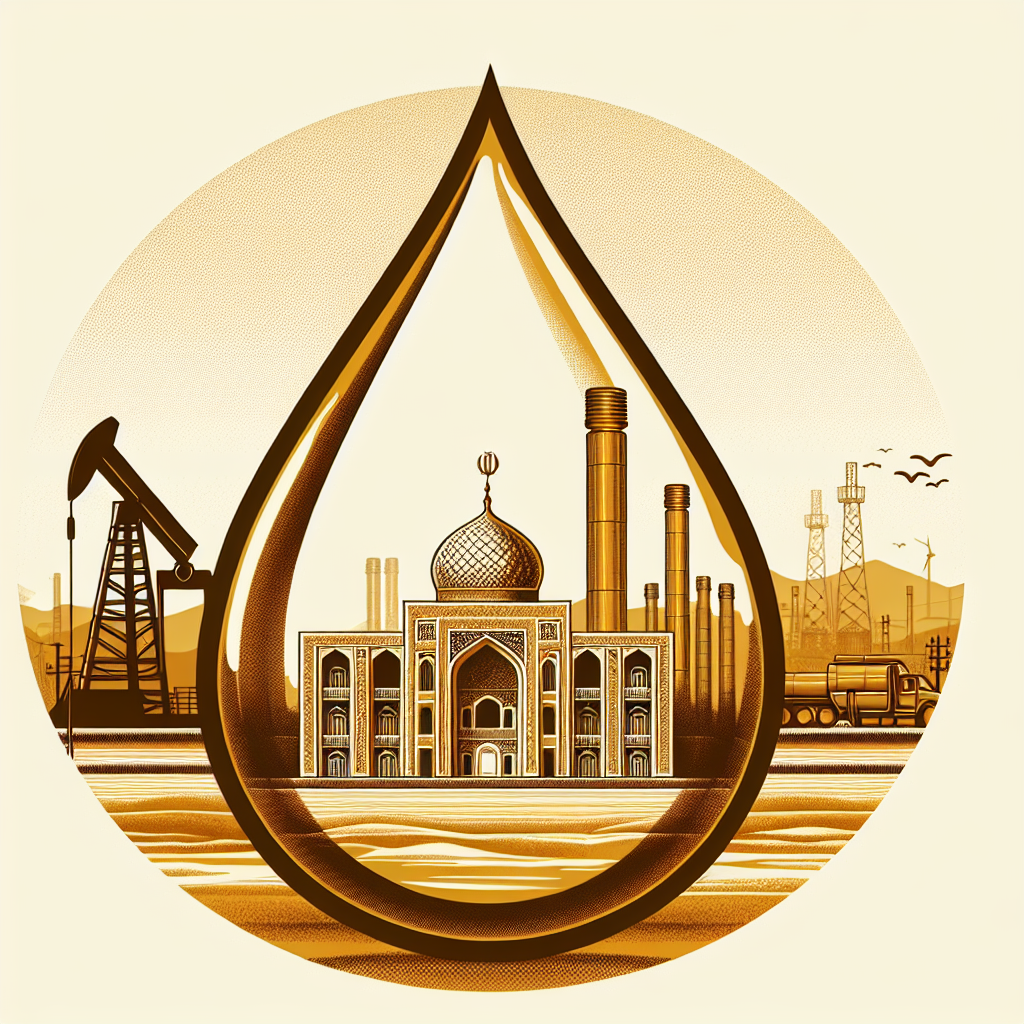Iran's Resilient Oil Sales Amidst Potential U.N. Sanctions
Iran's oil minister Mohsen Paknejad confirmed continuity in oil sales to China, even if U.N. sanctions are reimposed via a 'snapback' mechanism. Despite ongoing negotiations between Iran, European powers, and concerns over Iran's nuclear activities, China remains a major destination for Iranian oil exports.

In a bold declaration, Iran's Oil Minister Mohsen Paknejad announced on Wednesday that sales of Iranian oil to China will persist, come what may. This statement comes in the face of potential U.N. sanctions. The sanctions could be reinstated under a 'snapback' mechanism amidst ongoing attempts to reach an agreement with European powers.
Talks between the foreign ministers of France, Britain, Germany, and Iran, alongside the EU's foreign policy chief, took place during the U.N. General Assembly. These discussions aim to prevent the sanctions by restoring Iran's compliance with a 2015 nuclear deal that seeks to deter nuclear weapon development.
Paknejad reassured that the triggering of the snapback mechanism would not introduce new challenges to Iran's oil trade, as the sector has already been severely restricted by U.S. sanctions. In 2024, China emerged as the primary market for Iranian oil, encompassing 80% of exports.










